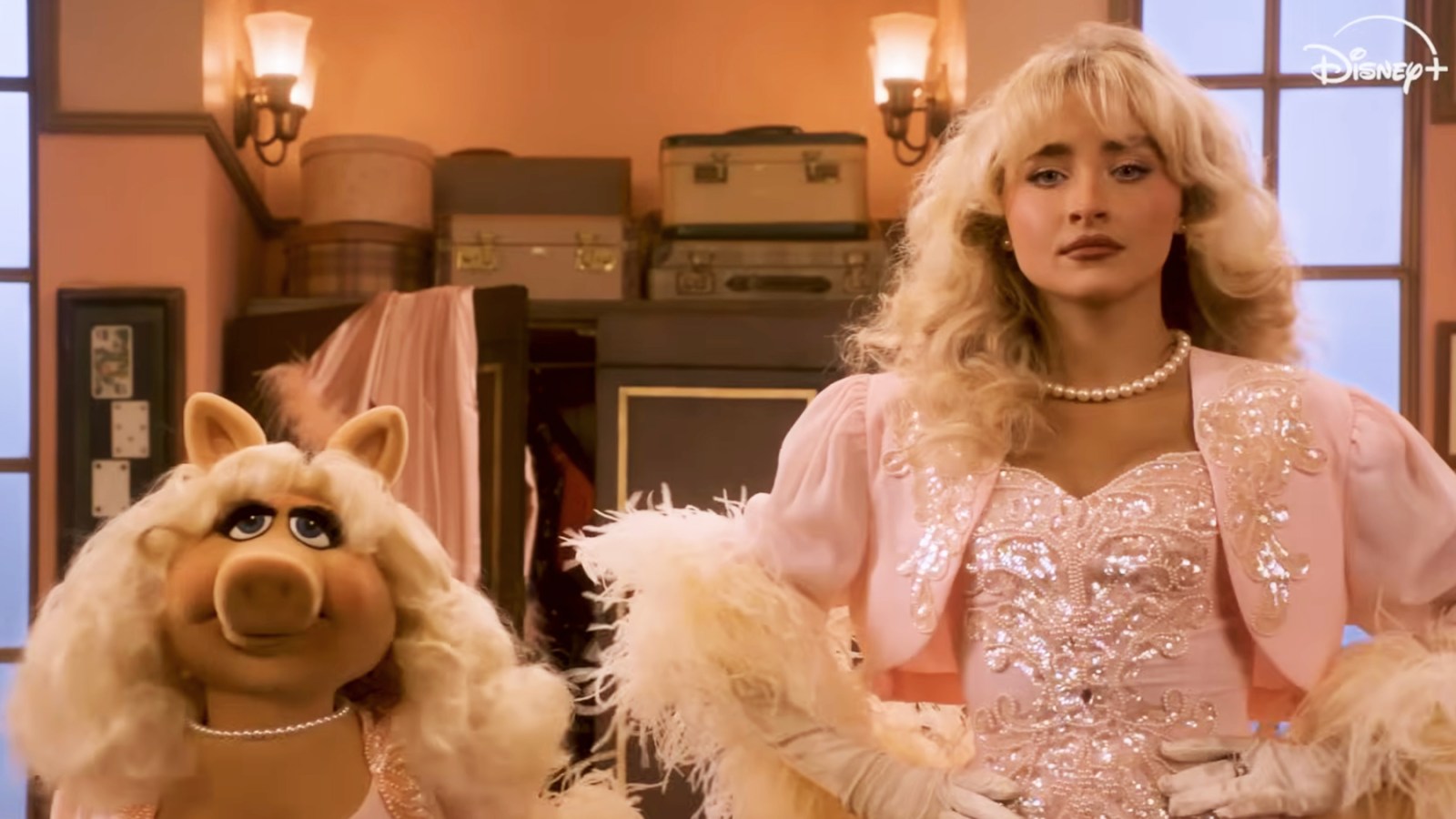The American actor Khalil Kain continues to resonate with fans decades after his memorable performance in the 1992 film “Juice.” Best known for his role as Raheem, who meets a tragic end at the hands of Tupac Shakur, Kain’s portrayal contributed significantly to the film’s lasting legacy in the realm of urban cinema.
Released on January 17, 1992, “Juice” was groundbreaking in its depiction of youth culture and the struggles faced by young Black men in America. Alongside Kain, the film featured a stellar cast, including Omar Epps, Queen Latifah, and Samuel L. Jackson. Each actor brought depth to their roles, creating a narrative that has continued to impact audiences.
Kain’s character, Raheem, is often remembered for his calm demeanor and loyalty, making his fate even more poignant. The film not only showcased the talents of its cast but also sparked conversations about violence and friendship in urban settings.
Life After “Juice”
Since the film’s release, Khalil Kain has pursued a diverse career in acting and beyond. He has appeared in various television shows and films, showcasing his versatility as an actor. More recently, Kain has taken on roles that reflect his growth and maturity, moving beyond his early typecasting.
In interviews, Kain has expressed gratitude for his time in “Juice” and the opportunities it brought him. He remains connected to his roots, often engaging with fans who fondly remember his work. Kain’s journey has also included ventures into directing and producing, further expanding his influence in the entertainment industry.
Fans have taken to social media to share their nostalgia for the film and Kain’s role, often wondering what he looks like today. Kain has embraced this curiosity, sharing updates about his life and career, which continue to inspire new generations.
As Kain reflects on his past, he emphasizes the importance of storytelling in the film industry. He believes that films like “Juice” serve as a mirror to society, highlighting both struggles and triumphs. His commitment to authentic storytelling remains a guiding principle in his work.
Khalil Kain’s legacy from “Juice” endures, not just as a piece of cinematic history but as a testament to the power of art in shaping cultural discussions. As he continues to evolve as an artist, Kain’s contributions to film and television remain significant, reminding audiences of the impact that a single role can have on a lifetime.






